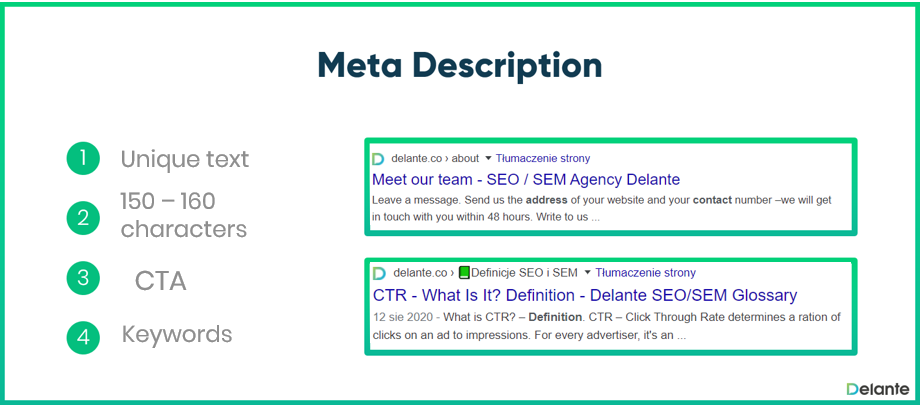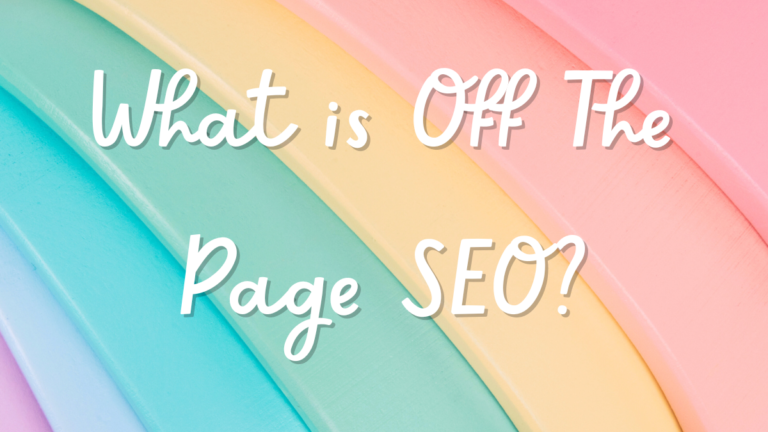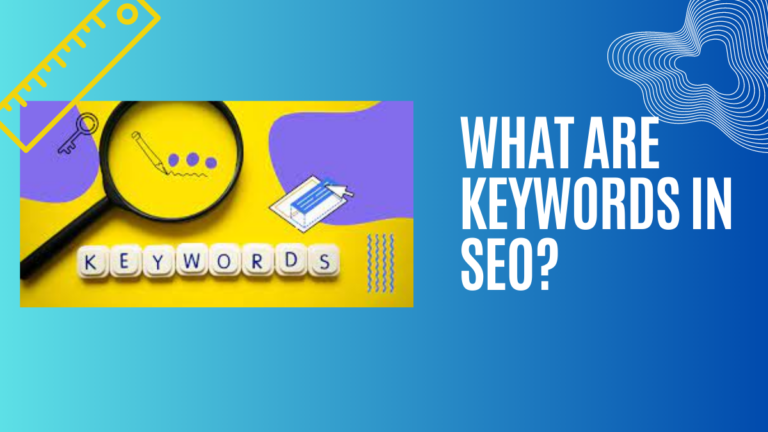What Is A Meta Description?
Welcome to our blog post where we unravel the mystery behind a crucial yet often overlooked element in the world of SEO – the meta description. Have you ever glanced at search results and been enticed by a brief snippet that perfectly encapsulates what you’re looking for?
That little blurb is none other than the meta description! In this article, we’ll dive deep into understanding what exactly a meta description is, why it matters for your website’s visibility, and how crafting irresistible descriptions can skyrocket your click-through rates. Get ready to unlock the secrets of compelling content right at your fingertips!
Table of Contents

Meta Description
A meta description is a short summary of a web page’s content. It is typically used by search engines to display a page’s title and description in search results. Meta descriptions are also used by social media sites to display a preview of a page’s content.
Benefits of a Meta Description
A meta description is a short description of a webpage that appears in the search engine results pages (SERP). The meta description is typically one or two sentences long and it should describe the content of the page in a way that is relevant to the user’s query.
The meta description is an important ranking factor for SEO and it can also help to increase the click-through rate (CTR) from the SERP to your website. A well-written meta description can improve your CTR by making your listing more relevant and appealing to users.
There are a few benefits of having a good meta description:
- Improve CTR: As mentioned above, a well-written meta description can help to increase your CTR from the SERP. This can lead to more traffic and potential customers for your business.
- Boost SEO: Meta descriptions are one of the ranking factors for SEO. By including relevant keywords and phrases in your meta description, you can improve your chances of ranking higher in the SERPs.
- Enhance User Experience: A good meta description provides users with a brief overview of what they can expect to find on your website. This can help to improve the user experience as it sets expectations for the content on your website.
How to Write a Good Meta Description
A meta description is a brief description of a page’s content. It should be unique and accurately describe the page’s content in order to encourage clicks from SERP results.
Here are some tips for writing a good meta description:
- Keep it under 155 characters – This is the maximum number of characters that will be displayed in SERP results, so make sure your meta description is concise.
- Use keywords wisely – Include relevant keywords in your meta description to let users know what your page is about, but don’t stuff keywords or you’ll be penalized by search engines.
- Write for humans, not robots – Your meta description should be readable and make sense to humans, as it’s ultimately meant to persuade them to click through to your website.
- Include a call-to-action – Encourage users to click through to your website by including a call-to-action in your meta description (e.g., “Learn more about X on our website”).

What to Avoid in a Meta Description
- When writing a meta description, there are a few things you should avoid in order to make sure it is effective. First, avoid using any keyword-stuffing techniques in your meta description. This will not only make your description less effective but can also get you penalized by search engines.
- Secondly, make sure that your meta description is relevant to the page it is describing. A meta description that is not relevant to the page it is describing will be less likely to be clicked on by users.
- Avoid making your meta description too long or too short. A meta description that is too long will be truncated by search engines, and a meta description that is too short will not give users enough information about what the page contains.
Examples of Effective Meta Descriptions
An effective meta-description is brief, accurate, and relevant to the page it describes. It should be no longer than 155 characters and should include keywords that accurately reflect the content of the page.
Some examples of effective meta-descriptions include:
“This page provides an overview of the benefits of exercise for people with arthritis.”
“Looking for information on estate planning? This page has everything you need to get started.”
“Need help quitting smoking? This resource provides expert advice and tips.”
Conclusion
In conclusion, meta-descriptions are an important part of search engine optimization. They provide users with a brief description of the content on your website and help you stand out in online searches. By creating compelling meta descriptions for each page on your website, you can increase organic traffic and improve visibility in search results. With a bit of research and practice, anyone can learn how to craft effective meta-descriptions that will draw visitors to their site.






